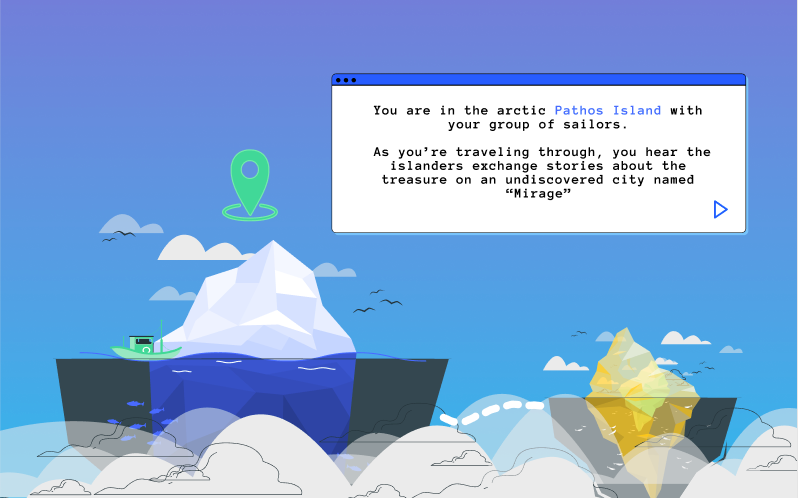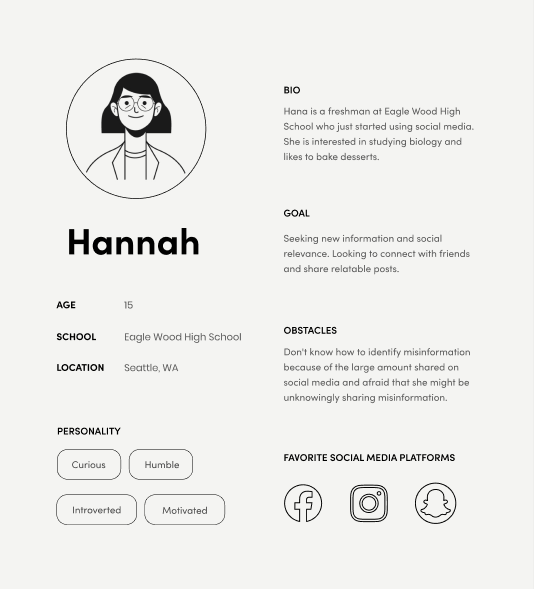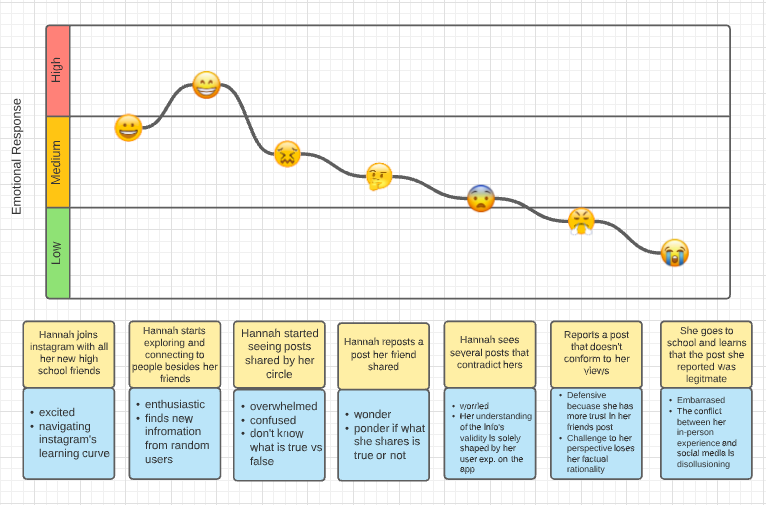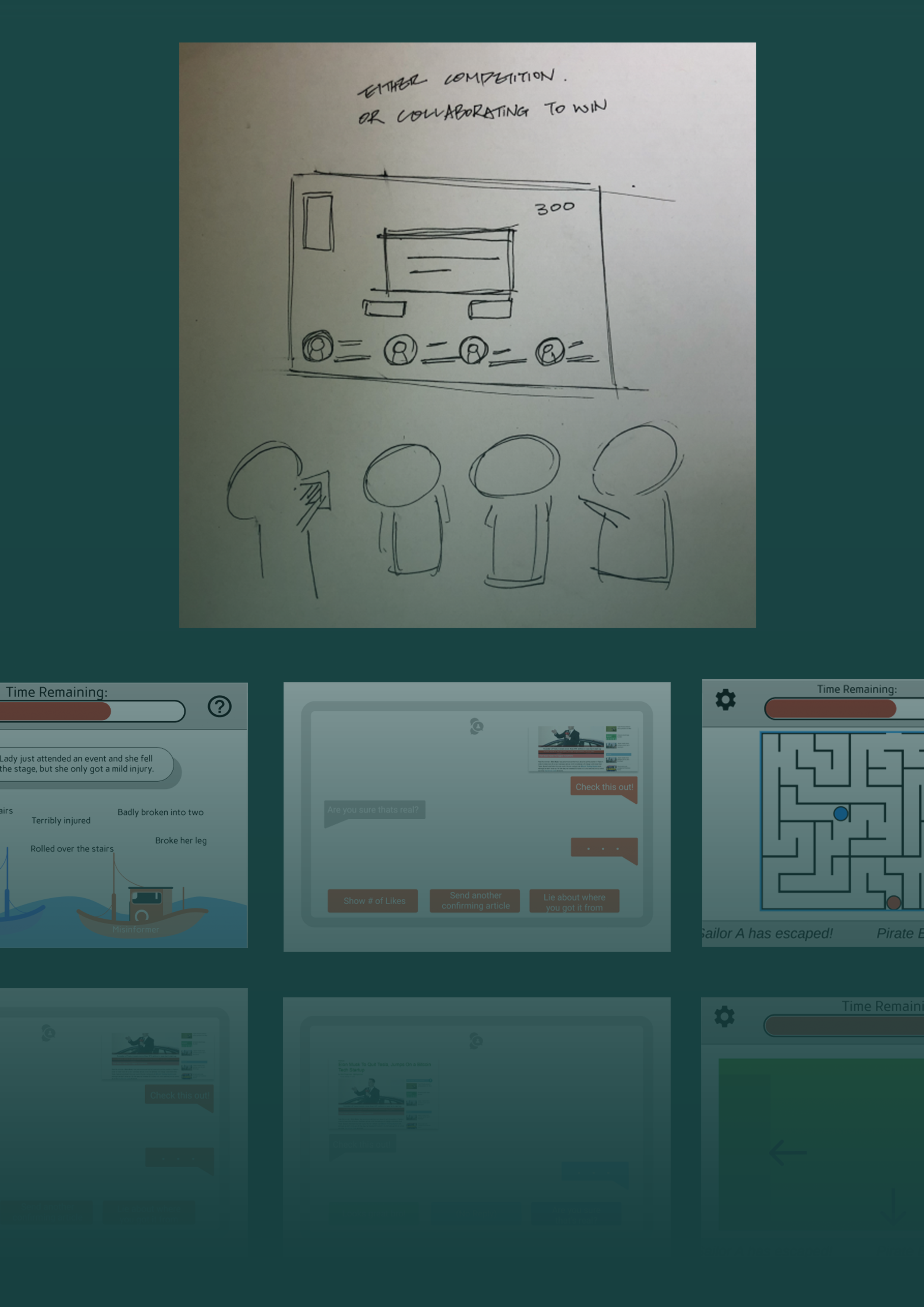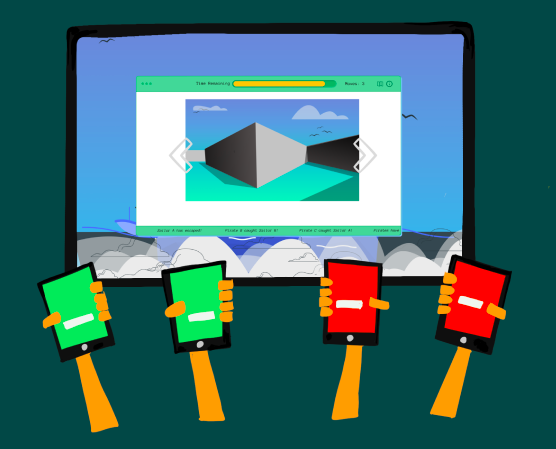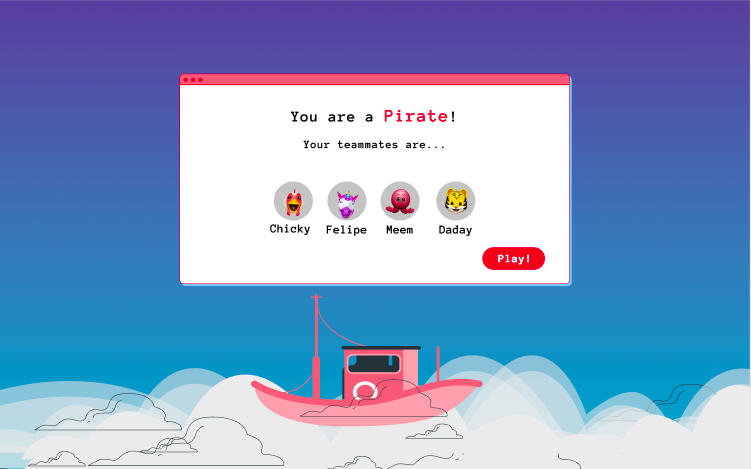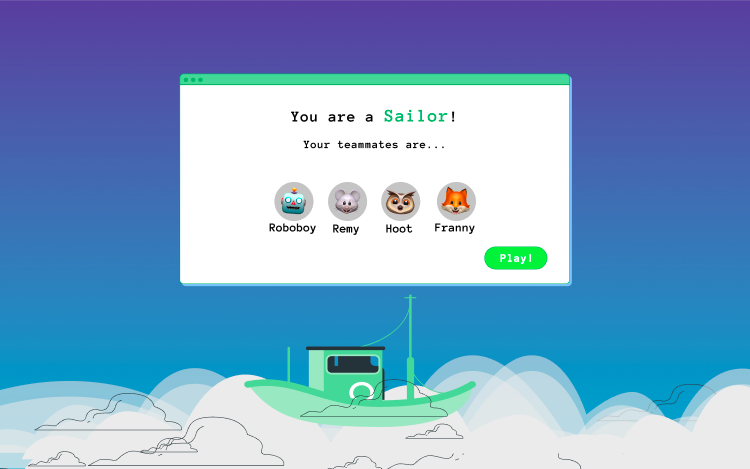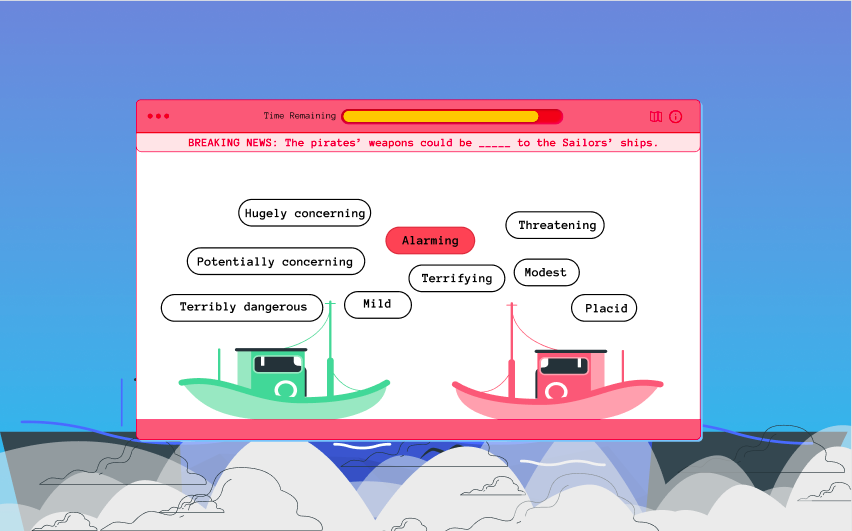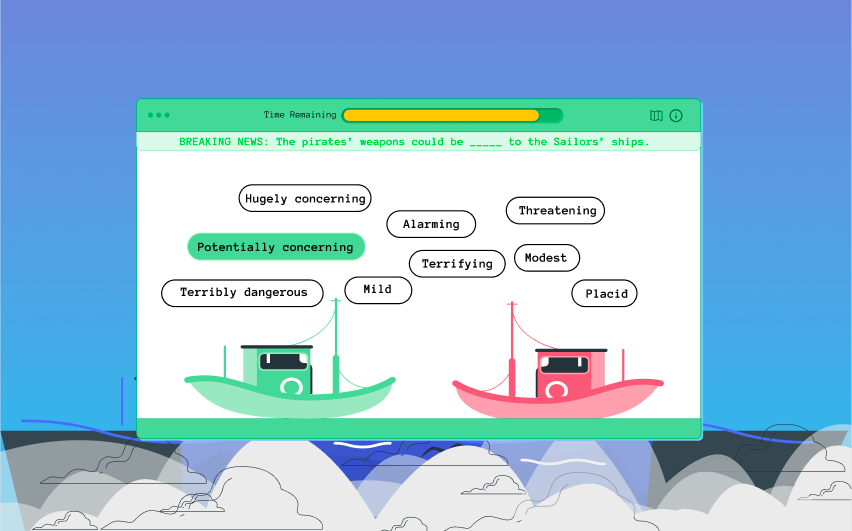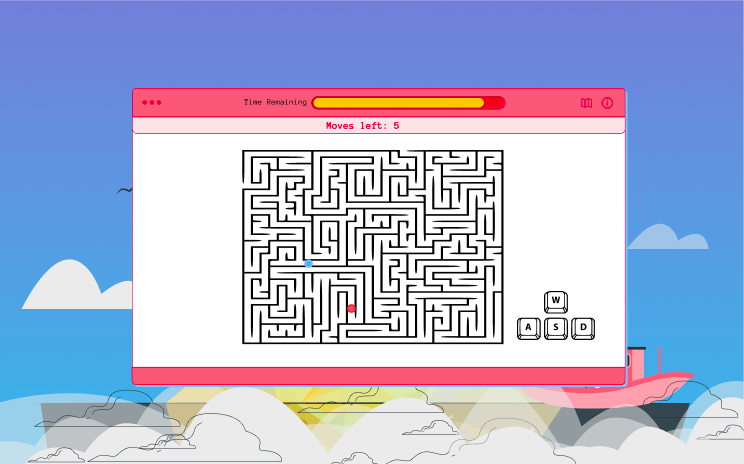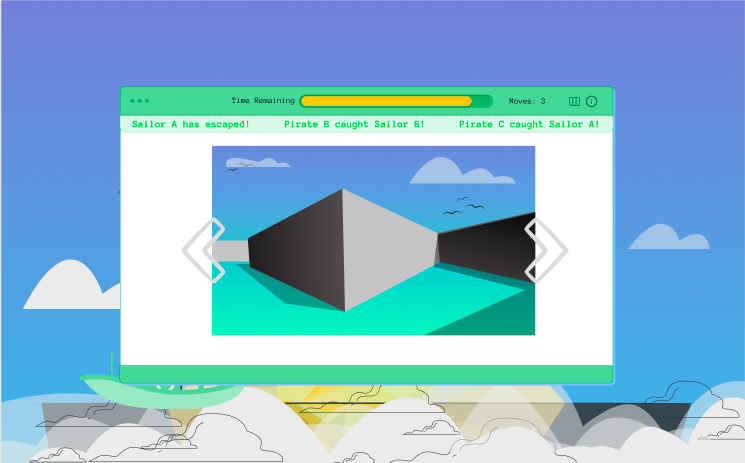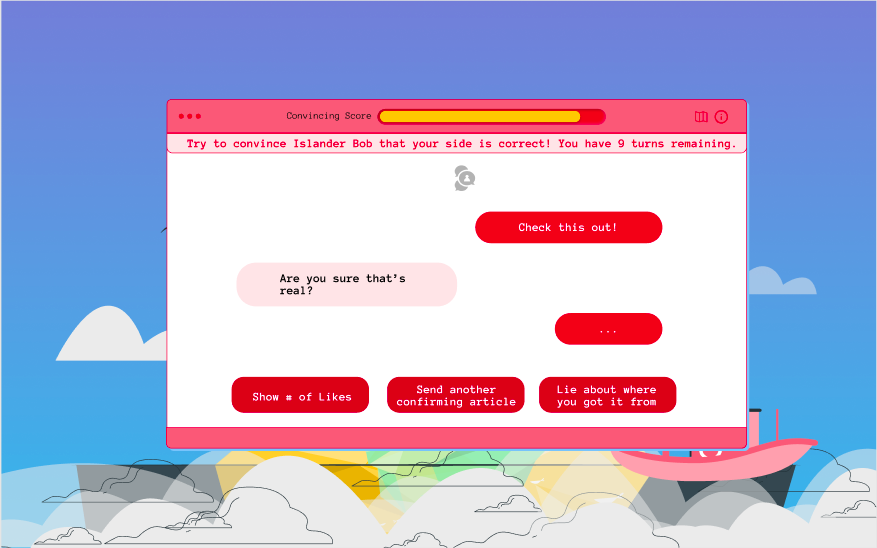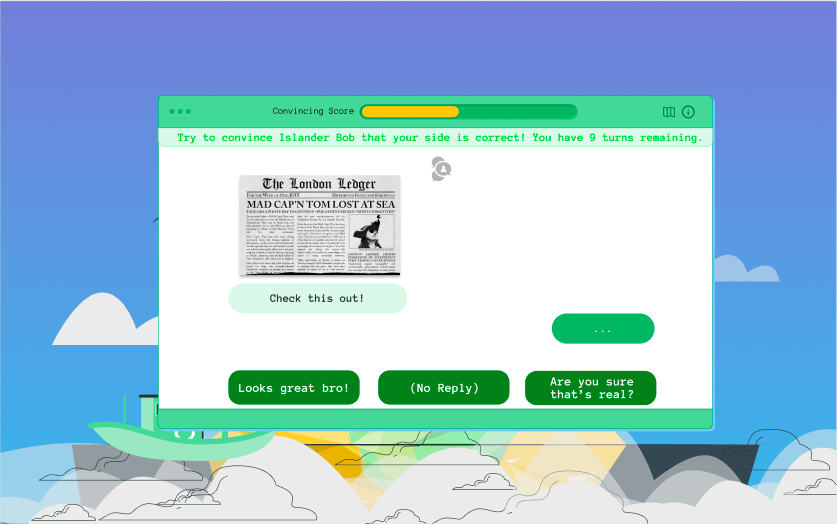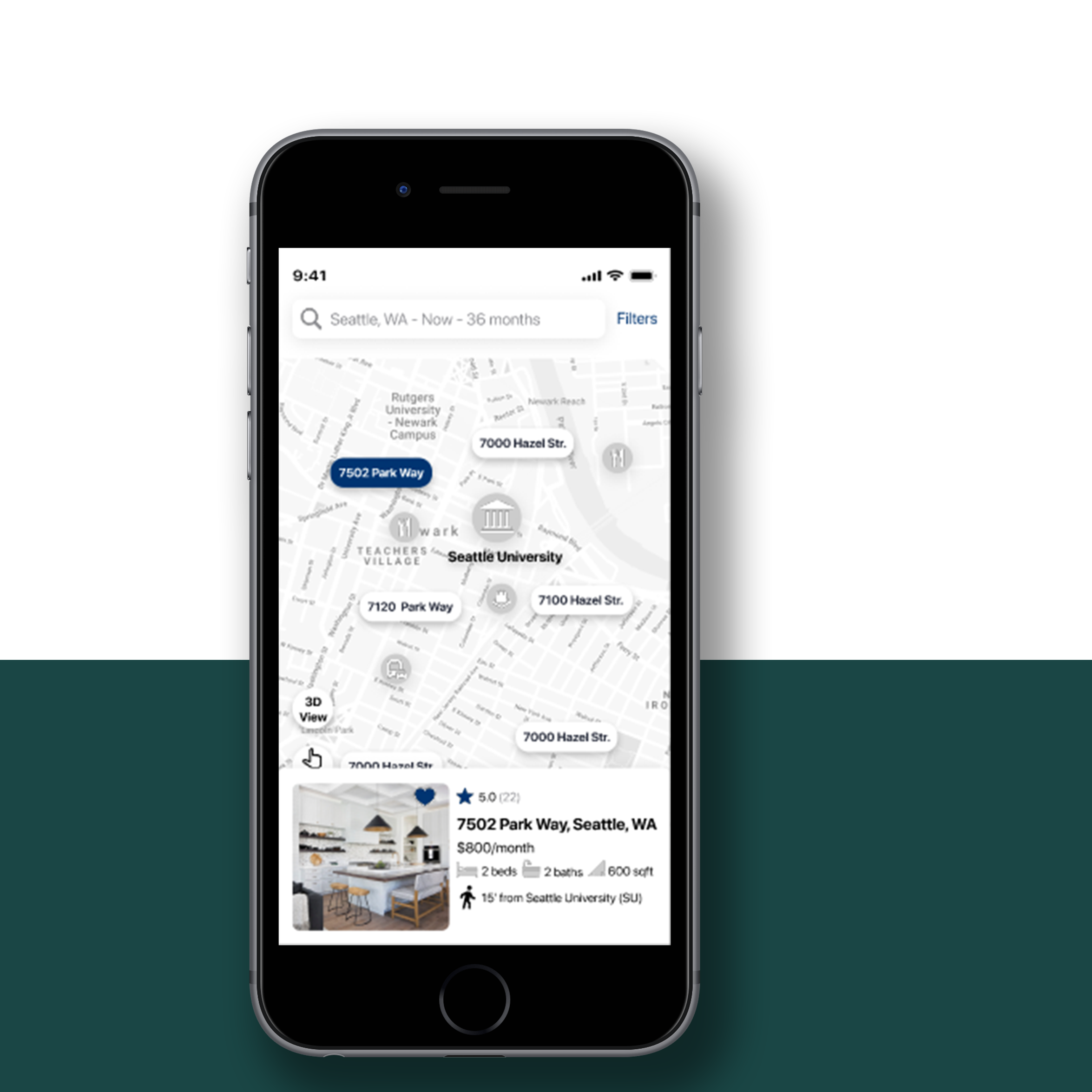We identified our problem area: The lack of providing digital literacy education to middle to high school students, especially the psychological and emotional aspects, can impact their ability to interact with and understand the digital platforms they use to get information. Thus, they could unknowingly spread misinformation to others.
As a team, we further researched over 25 academic articles, conducted 3 interviews with Researchers and Professors from the Center for an Informed Public (CIP), 3 user interviews with middle/high school students, and get over 80 responses from 2 surveys. We realized that �everyone is spreading misinformation, but since growing up with technology, young people tend to think other people will fall for misinformation, not them, so they are more likely to let their guard down to misinformation over time.
